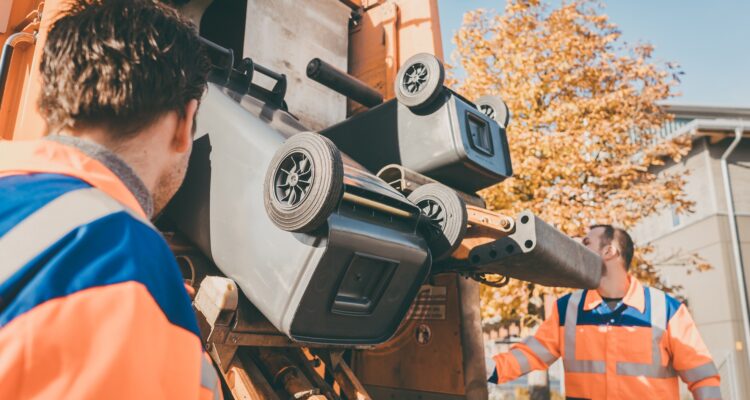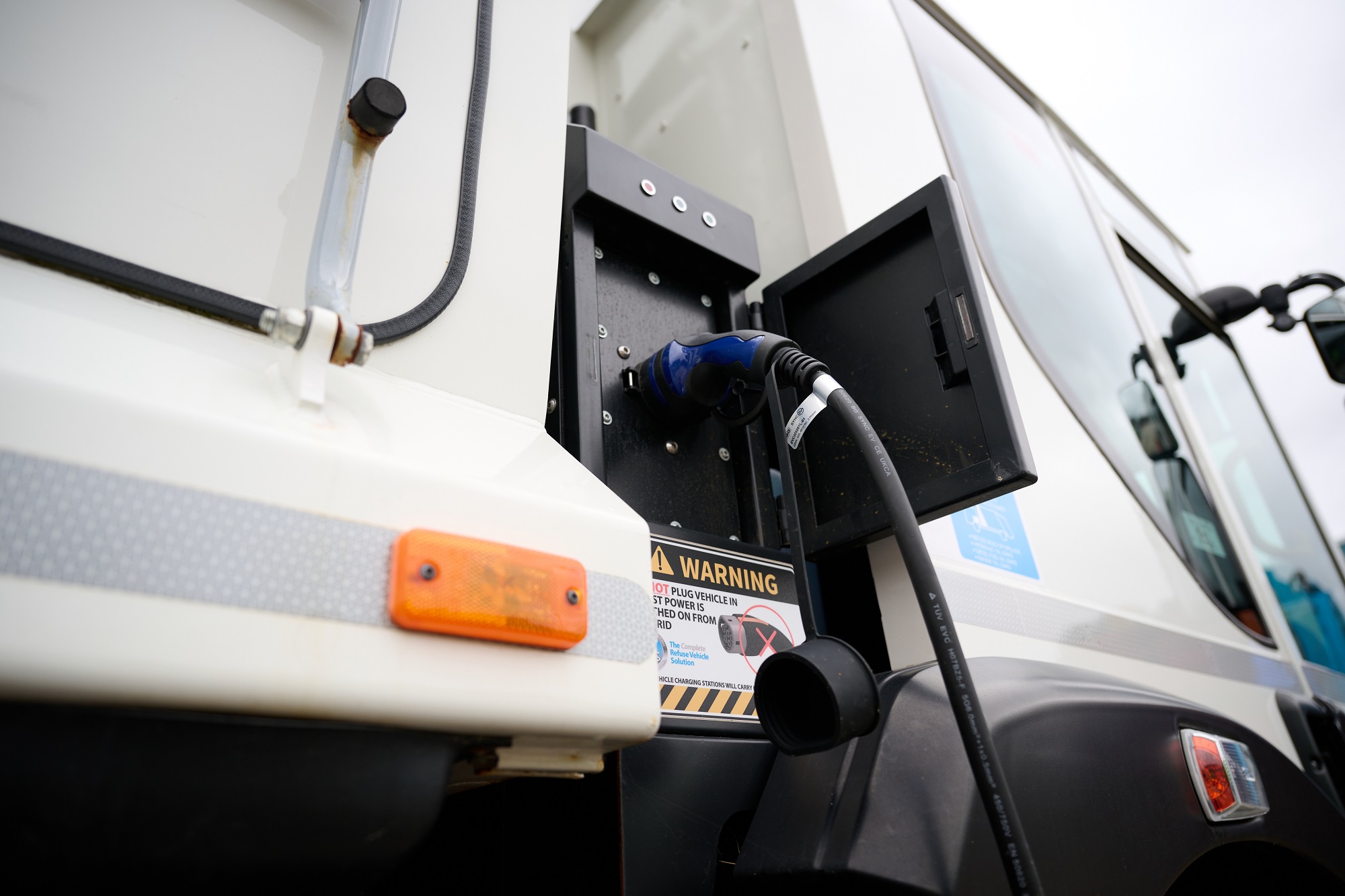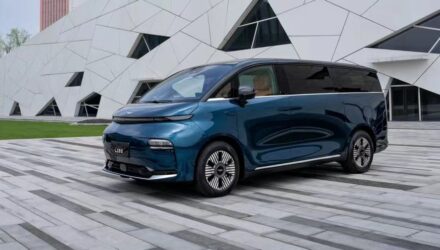VEV, a leading provider of end-to-end fleet electrification solutions, and Whitespace, a prominent software solutions provider for waste collection operations, are urging UK councils to leverage data analysis to achieve cost-effective transition of refuse collection vehicles to electric power.
With over 300 UK councils having declared climate emergencies in recent years according to the Local Government Association, electrification of carbon-intensive fleets is critical. However, without robust data analysis, complex EV transitions risk expensive mistakes or miscalculations.
By using telematics and energy data at the planning stage to assess critical factors such as vehicle routes and schedules, along with the increased energy requirement for EVs, fleets can design a bespoke, accurate EV configuration around the right mix of vehicles, chargers and energy sources.
Last year, some local government electric vehicle programmes were criticised for lacking adequate charging solutions for their new electric fleets. Equally, mistakes are being made with fleets overestimating the charging infrastructure and power demand for their new EV fleet. VEV’s research shows that without robust and informed data analysis, fleets can over-invest by up to 20% when first making the transition to electric vehicles.
Refuse collection vehicles (RCVs) are heavy goods vehicles (HGVs) and are arguably amongst the largest carbon emitters on UK roads – up to 600g CO2 per kilometre when fully laden. This makes them a prime target for local authorities working hard to meet challenging net-zero targets.
VEV is currently working with public service provider, Serco, and RVS, the independent refuse vehicle solution supplier, to deliver a pilot scheme for electric recycling and waste collection vehicles (eRCVs) in Hampshire. The pilot scheme will prove the operational feasibility and business case for eRCVs in Basingstoke and Deane, Hart, and Rushmoor.
Mike Nakrani, CEO of VEV said:
“Whilst petrol or diesel powered RCVs are efficient at collecting and transporting waste, we must also prioritise leaving behind clean air in the communities that they serve. As part of our work supporting commercial fleets as they electrify, VEV is committed to driving sustainable change with councils as they strive for net zero commitments and smart spending of taxpayers’ money. Every fleet needs a different approach to electrification because every fleet is unique. And data-led planning enables bespoke configuration based on real fleet duty cycles and routes. There’s still time to get it right, and we believe the combination of VEV and Whitespace provides the expert support councils and waste contractors need to make the move to EVs. ”
Mark Garvey, CEO of Whitespace said:
“At Whitespace, we understand the pivotal role software optimisation plays in enhancing waste collection operations. By uniting with VEV to emphasise the significance of data-driven approaches for the electrification of council fleets we hope to empower local authorities to make more informed decisions, benefitting both the environment and operational efficiency.”



















